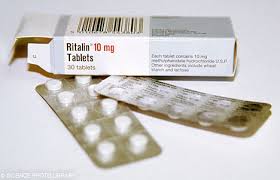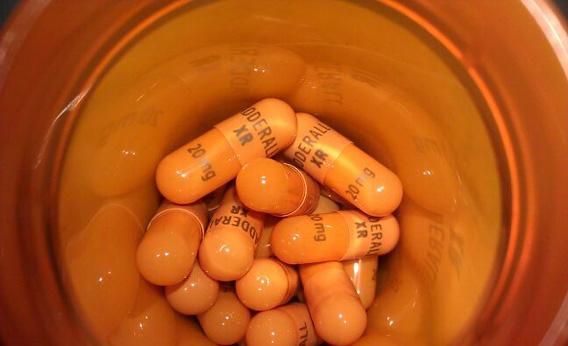How To Talk To Your Teens About Stimulant Abuse
Teenagers are one of the most common age groups that are involved with drugs, even though addiction can occur at any age. Due to the changes caused by puberty and oncoming adulthood, teens may turn to or experiment with drugs as a means to cope or feel more grown-up.
Stimulants like amphetamines, cocaine, and methamphetamine are often the easiest drugs that teens can access, and they may believe that these are the “cool” drugs to take. Talking to your teens about stimulant abuse may seem difficult, but there are a few things that you can do to help.
Educate Yourself
Before you start a conversation about stimulant abuse, it is best that you learn about stimulants so you can give your teen the best information possible. Stimulants, according to the DEA, are a classification of drugs that speed up or increase the body’s functions.
Many stimulants have legal usage, with many prescription drugs being stimulants. There are many different kinds, with many different names, functions, side effects, and means of usage. By learning about stimulants, you can better prepare yourself for the conversation and know what to do if your teen does begin abusing drugs.
Be Open
One of the reasons why so many parents are hesitant about talking to their teens about drugs is that they are afraid their child will ask about their previous drug experiences. Even if a parent did not do drugs in their life and answers truthfully, they may feel like their child will not believe them.

Your teen may shut you out if they think you’re accusing them of using drugs.
Likewise, if they did use at some point in time, they may feel like they are letting their child down, or feel like their teen will see them as a hypocrite. Questions are inevitable, and you shouldn’t see those questions as an excuse to procrastinate. Regardless of your own personal experience with drugs, make sure that you are open to any questions that your teen may have, and be sure to answer truthfully.
Don’t Be Accusatory
While adults may be willing to have a conversation about stimulant abuse with their child as soon as they hit their teen years, some teenagers may seek to avoid it altogether. Sometimes, conversations about substance abuse can come across as feeling too hostile for teens.
For some, they may feel like their parent is only bringing up the topic because they believe the teen is already using stimulants. When talking to your teen, make sure that you don’t sound like you are accusing them of taking or considering taking drugs.
If you need help with your approach, call 800-605-6597 Who Answers?.
Look For and Use Resources
As you prepare for the conversation, look at what resources are available for you and your teen about stimulant abuse. Many schools have prevention programs that are designed to educate students about substance abuse. Talk with a school counselor about what prevention programming is present at the school and what resources are available for parents.
Look at federal organizations like the NIDA, which have resources aimed directly at teenagers with the purpose of educating and providing help for stimulant and other substance abuse.
If you or a loved one is struggling with an addiction, please know that help is out there. Call 800-605-6597 Who Answers? for the opportunity to speak with one of our caring specialists and to learn about what treatment options are available for you.
Cracking the Addiction Culture: Why are More Students Turning to Drugs to get Through College?



